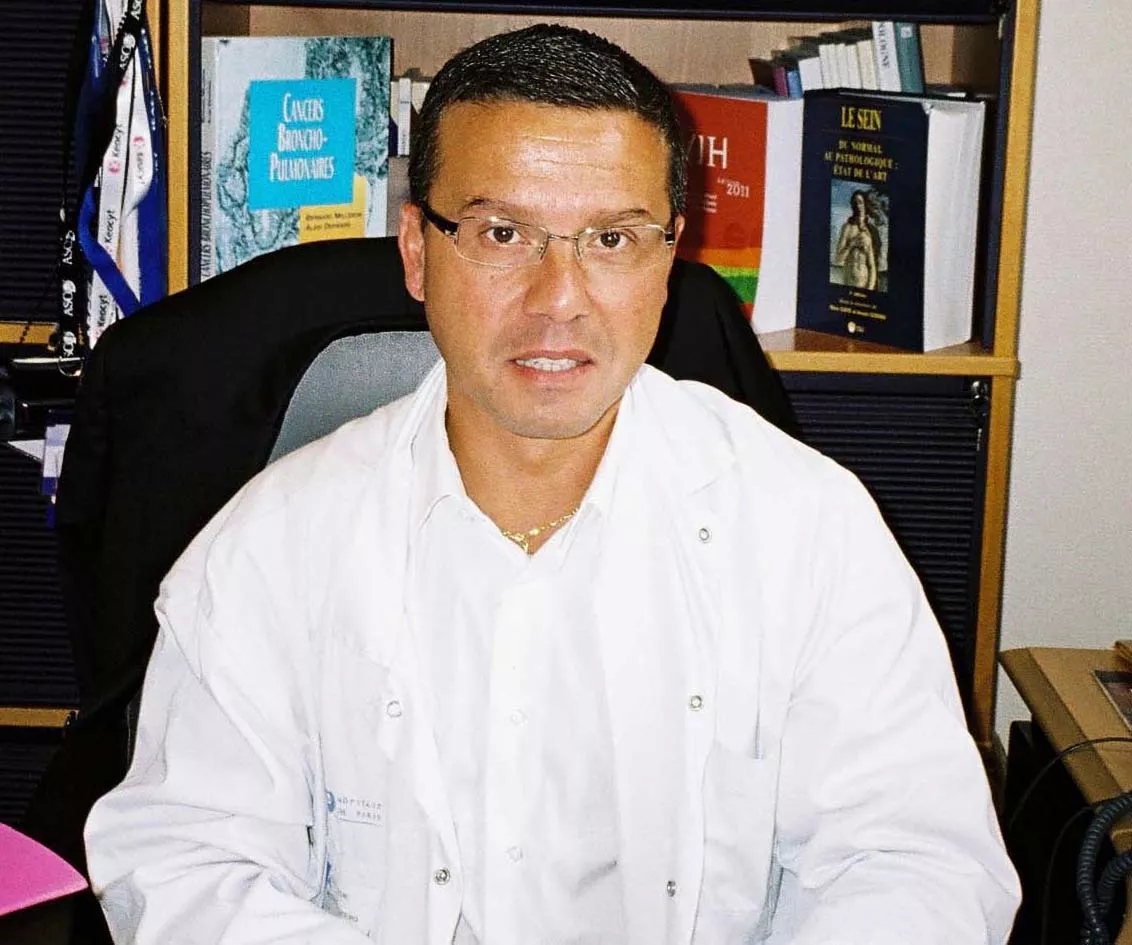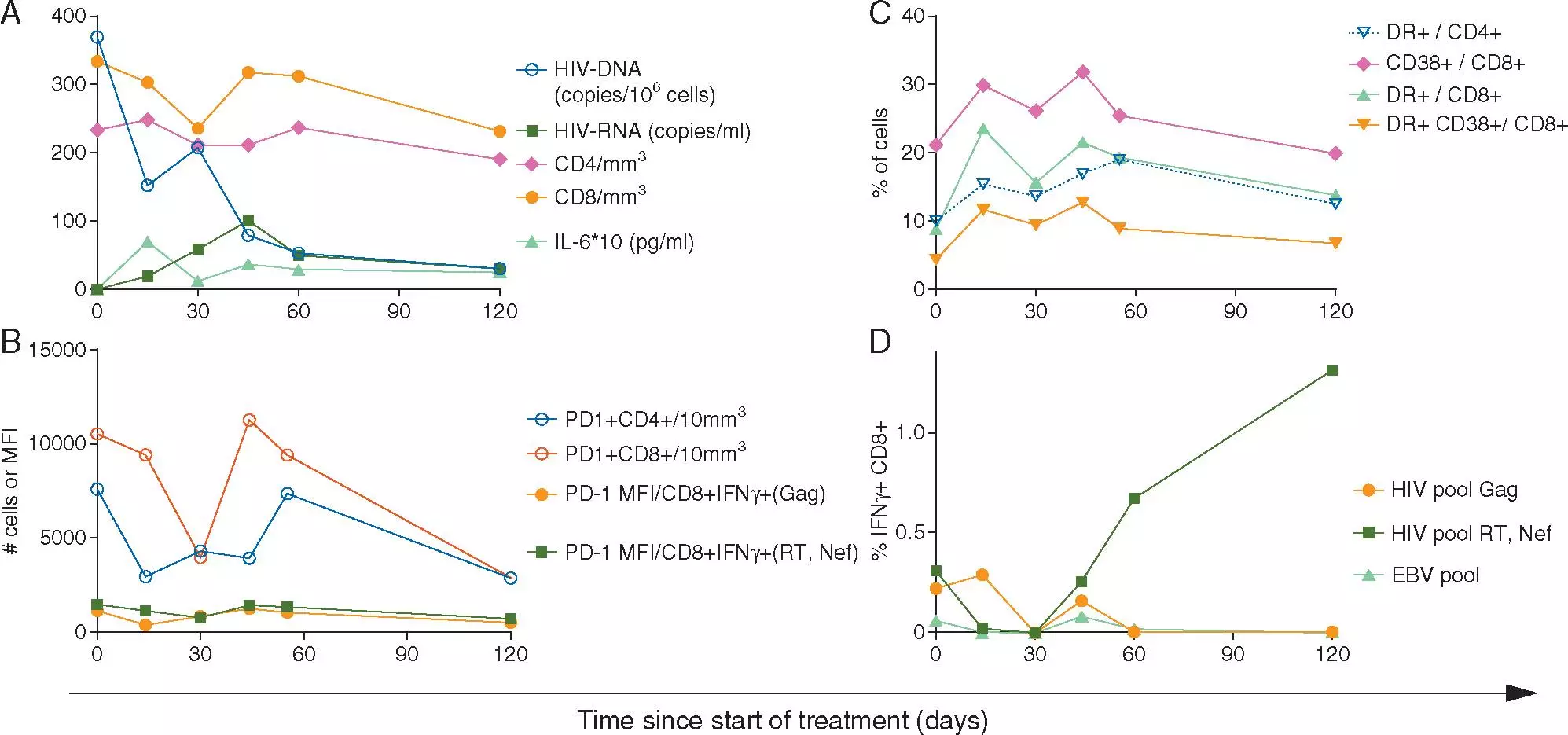Heavy anticancer drug nivolumab is expected to treat HIV infection
December 04, 2017 Source: WuXi PharmaTech
Window._bd_share_config={ "common":{ "bdSnsKey":{ },"bdText":"","bdMini":"2","bdMiniList":false,"bdPic":"","bdStyle":" 0","bdSize":"16"},"share":{ }};with(document)0[(getElementsByTagName('head')[0]||body).appendChild(createElement('script')) .src='http://bdimg.share.baidu.com/static/api/js/share.js?v=89860593.js?cdnversion='+~(-new Date()/36e5)];Recently, an article published in the authoritative cancer journal "Annals of Oncology" reported that when they used Bristol-Myers Squibb's heavy anticancer drug nivolumab (Opdivo) to treat HIV-infected lung cancer. At the time of the patient, a sharp and sustained decline in the storage of HIV cells capable of evading antiretroviral therapy was observed.

HIV is a terrible and powerful virus, and although antiretroviral therapy can effectively control viral replication, it does not completely eliminate the virus. This is because HIV-infected cells present in the brain, bone marrow, and reproductive tract are dormant, and they are neither eliminated by antiretroviral therapy nor blocked by the weakened immune system. So if treatment is stopped, the virus begins to replicate and infect more cells, and the immune system cannot suppress this rebound of HIV infection. Therefore, if scientists can find a way to eliminate HIV-infected cells, it may be possible to completely eradicate the virus and make it possible to cure HIV infection.

â–² Professor Jean-Philippe Spano, principal of the study (Source: Pitie-Salpetriere Hospital)
The study, led by Professor Jean-Philippe Spano, director of the oncology department at the Pitie-Salpetriere Hospital in France, used nivolumab to treat a patient with HIV-infected non-small cell lung cancer who had relapsed after surgery and chemotherapy. From the end of 2016 to the present, the 51-year-old man has received 31 nivolumab injections. He was diagnosed HIV positive in 1995 and was diagnosed with cancer in May 2015.
When the researchers first used nivolumab for their patients, no HIV was detected in the blood samples. Then it gradually increases until the 45th day begins to decrease. At the same time, T cell activity increased and CD8 T cell activity increased significantly from day 30 to day 120. On day 120, as reported in the article, HIV-infected cell repositories "show a sharp and sustained decline."
In vivo, HIV primarily infects CD4 T cells, a white blood cell that plays an important role in regulating immune responses. When attacked by HIV, they are not only infected by the virus, but also weakened, which means their ability to fight infection is weakened.
Professor Spano explained: "Dorm-infected CD4 T cells do not actively produce HIV, they are latent infections. Latent HIV repositories are established at the earliest stages of viral infection and throughout the disease, when latently infected cells When reactivated, these cells begin to produce HIV. However, this reactivation is blocked by the cell molecules called immunological checkpoints in most latently infected cells, one of which is PD-1, which also blocks The ability of CD4 T cells to fight viruses."
“More and more researchers are investigating the use of certain drugs that can reactivate latent HIV-infected cells, which may cause the immune system to detect them and attack them. Drugs that suppress immune checkpoints (such as PD-1) It is well known in the field of cancer, they can effectively eliminate the brakes to restore immune defense, so that immune cells can play a role in repelling cancer cells. Although it has not been proven yet, we believe that immune checkpoint inhibitors will wake up in a similar way. Dormant HIV-infected cells, as well as immune defenses against the virus."

â–²Nivolumab's long-term treatment effect (Source: "Annals of Oncology")
Professor Spano said: "In this patient, we observed that, as expected, the reactivation of HIV and the increased response of CD8 T cells to HIV led to a significant decline in HIV stocks, resulting in a continued reduction in HIV cell storage."
“This is the first demonstration of this mechanism in humans. It may have an impact on people living with HIV, whether they have cancer or not, because it can act independently on HIV repositories and tumor cells. This patient also has no side effects. This is good news, suggesting that this may be the best treatment for cancer patients infected with HIV."
However, the researchers are also very cautious about the results. Professor Spano said: "First, this is the first case of a significant reduction in the HIV repository. We must be cautious, especially since this is only a case. We have already published the details of another case, but there is no HIV in that case. The repository is reduced."
“Secondly, we must evaluate the potential toxicity of these drugs to HIV-infected patients in clinical trials and in the 50 French patients we are currently treating. Finally, we must identify markers that can predict the response of HIV to PD-1 therapy, thus enabling Treatment is individualized, especially when we observe a responder and a non-responder."
Dr. Fabrice André, editor of the Annals of Oncology magazine and professor of oncology at the Gustave Roussy Institute in France, commented: “Although this is a separate case study, it is an exciting result. Anti-HIV drugs will prevent the replication of the virus. But it does not cure patients who still have viral storage. This study raises the hypothesis that drugs that let the virus disappear may cure patients."
We look forward to the follow-up results of this study.
Reference materials:
[1] Cancer drug leads to 'drastic decrease' in HIV infection in lung cancer patient
[2] Researchers use PD-1 checkpoint drug in pursuit of a promising curative approach to HIV
Original title: Accident! Heavy anticancer drugs are expected to treat HIV infection?
Cervical Tractor,Tractor Cervical,Cervical Vertebra Tractor,Cervical Traction Tractor
Hebei Dingli Medical Equipment Co., Ltd. , https://www.dinglimed.com
